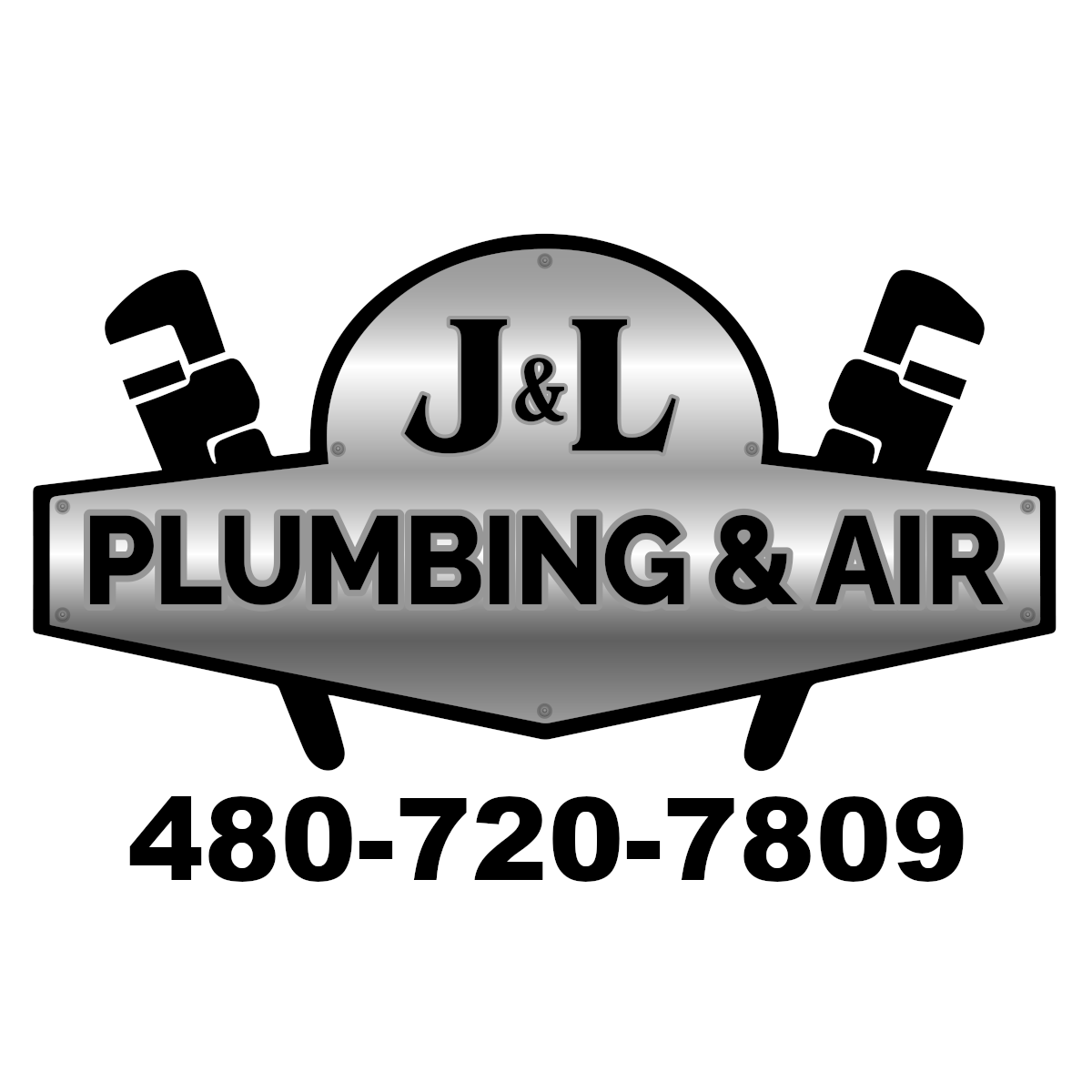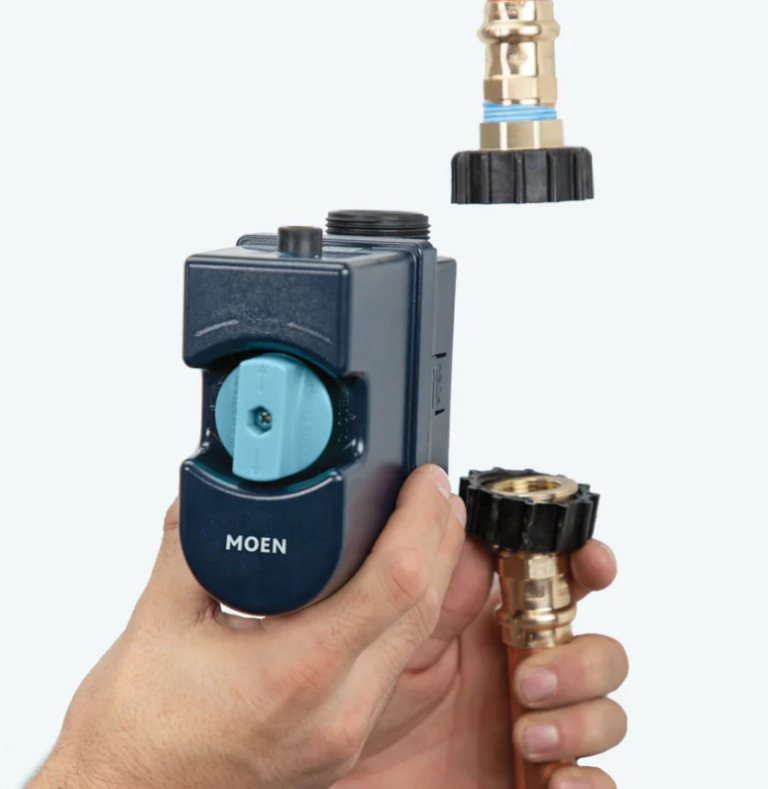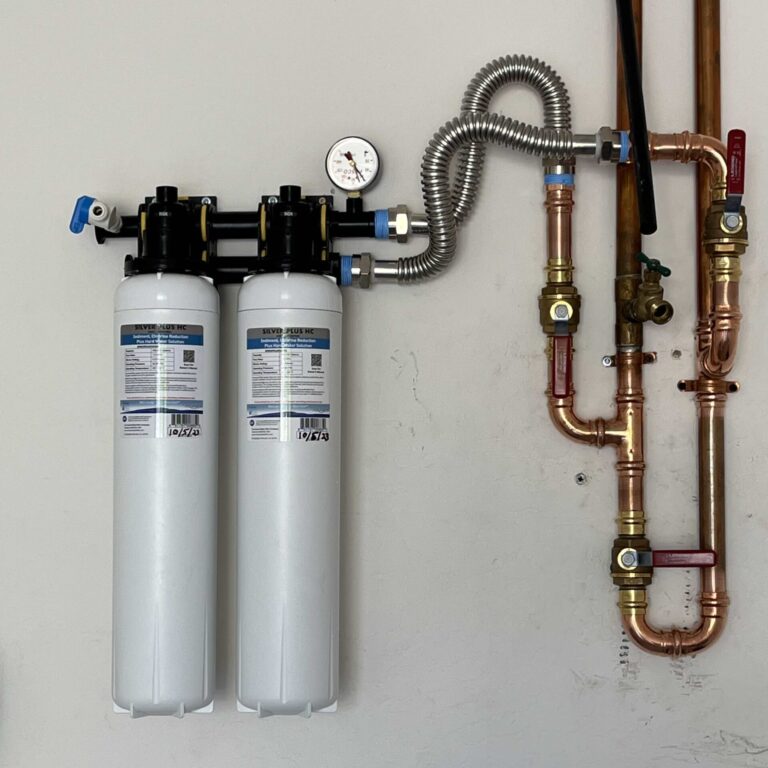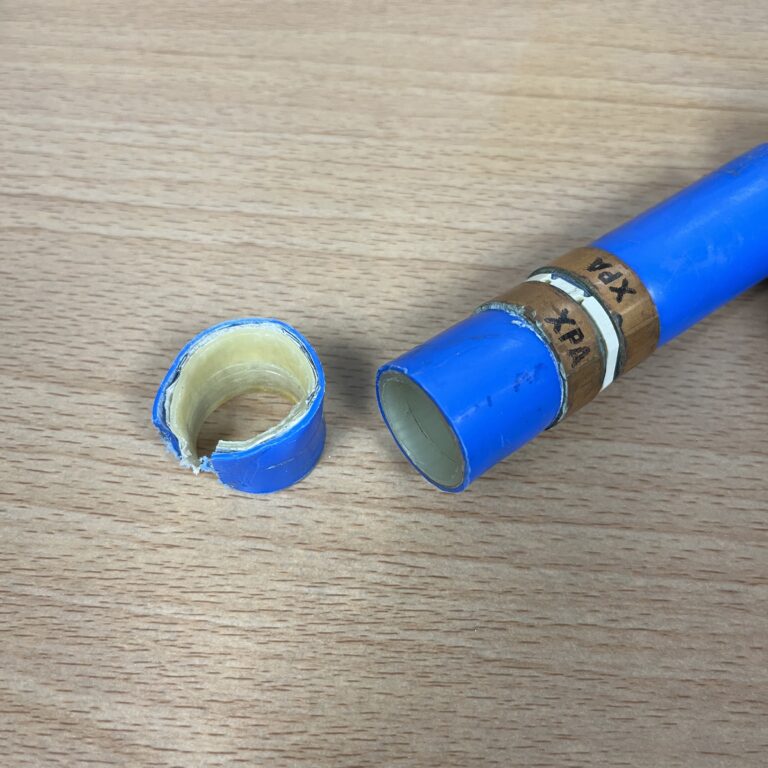The Ultimate Guide to AC Condensers: Maintenance, Troubleshooting, and Efficiency Tips
Introduction
In the heart of every cooling system lies the unsung hero: the AC condenser. This component plays a crucial role in maintaining the comfort of your home or business by efficiently cooling the refrigerant. Let’s dive into what makes an A/C condenser so vital and how you can ensure it performs at its best.
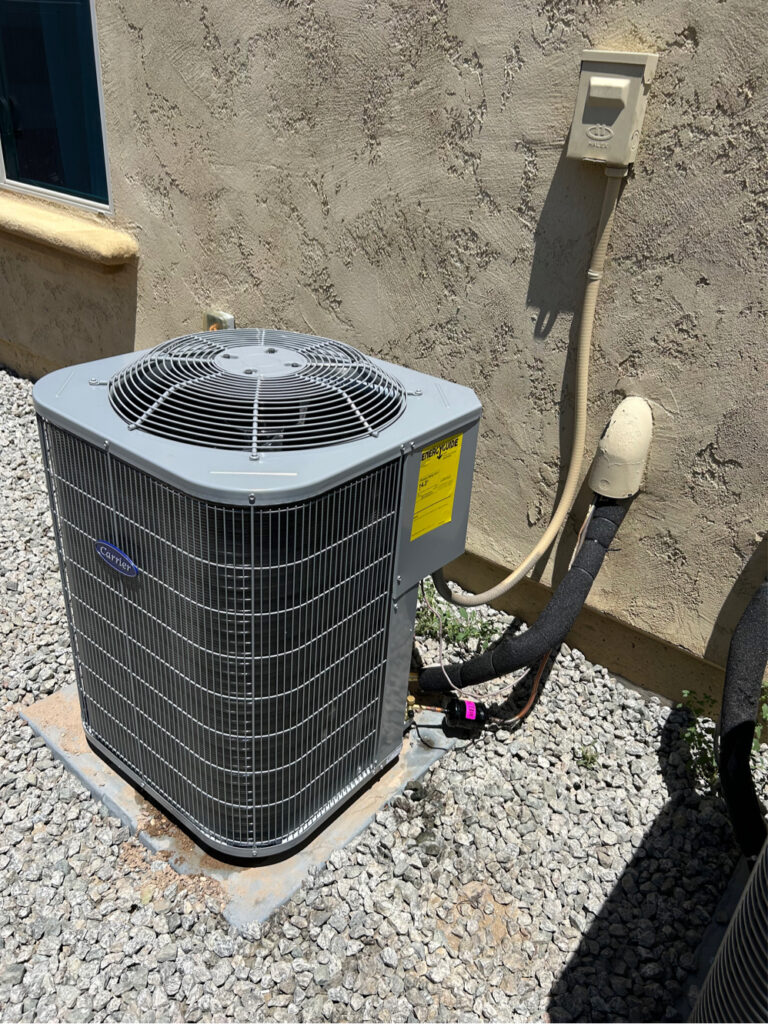
What is an A/C Condenser?
An AC condenser is part of the refrigeration cycle where hot refrigerant gas from the compressor is converted back into a liquid. It consists of:
- Compressor: Pumps refrigerant.
- Coils: Where heat exchange occurs.
- Fan: Blows air over the coils to cool the refrigerant.
There are primarily two types of condensers:
- Air-Cooled Condensers: Most common, where air is used to cool the refrigerant. (Pictured above)
- Water-Cooled Condensers: Use water to dissipate heat, less common in residential settings.
Why Your AC Condenser Matters
The AC condenser is pivotal for system efficiency. A well-functioning condenser:
- Reduces Energy Consumption: An efficient A C condenser can significantly lower your energy bills.
- Improves Cooling: Ensures your system cools effectively, maintaining comfort.
Signs Your AC Condenser Needs Attention
Watch out for these red flags:
- Reduced Cooling: If your home isn’t cooling as it should, the A/C condenser might be the culprit.
- Unusual Noises: Grinding or squealing can indicate fan or motor issues.
- Ice Formation: Ice on the condenser coils is a sign of poor airflow or refrigerant issues.
In emergency situations, like complete system failure, calling a professional to check your A/C condenser is crucial.
Maintenance Tips for Your A C Condenser
Regular maintenance can extend the life of your AC condenser:
- Cleaning: Remove debris and clean the coils annually. This helps maintain airflow.
- Professional Checkups: Schedule yearly inspections to catch issues early.
- DIY vs. Professional: While some tasks can be DIY, like cleaning, others like refrigerant checks should be left to professionals.
Troubleshooting Common AC Condenser Problems
If you suspect an issue:
- Diagnosis: Check for refrigerant leaks, electrical problems, or blockages in the A/C condenser.
- Solutions: Simple fixes might include cleaning or tightening connections, but complex issues require professional attention.
Upgrading Your AC Condenser for Better Performance
- Age: If your condenser is over 10 years old, it might be time for an upgrade.
- Efficiency: Newer models of AC condensers offer better energy efficiency and lower noise levels.
The Environmental Impact of AC Condensers
Modern A C condensers are designed with the environment in mind:
- Eco-Friendly Refrigerants: Newer models use refrigerants with lower global warming potential.
- Energy Efficiency: Choosing an energy-efficient A/C condenser reduces your carbon footprint.
Choosing the Right AC Condenser for Your Needs
- Sizing: An incorrectly sized AC condenser can lead to inefficiencies. Always match the condenser to your system’s capacity.
- Brand and Quality: Opt for reputable brands known for reliability and customer service.
Conclusion
Understanding and maintaining your AC condenser is key to a comfortable home and efficient energy use. Regular checks, timely repairs, and considering upgrades when necessary can keep your system running smoothly. If you’re unsure about your AC condenser’s health, don’t hesitate to contact us for a professional assessment.
